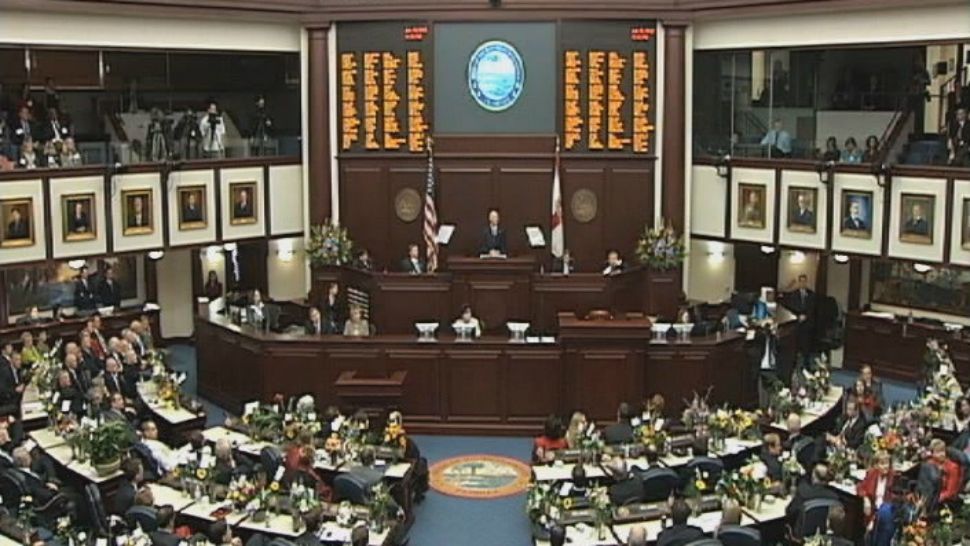STATEWIDE — Though the Florida Legislature only just adjourned its 2020 regular session Thursday, many lawmakers are preparing for an early return to Tallahassee for what they predict will be a special session devoted to the economic consequences of the coronavirus crisis.
- CORONAVIRUS LIVE UPDATES: In the Central Florida area | In the Tampa Bay area
- COVID-19 IMPACTS ON: Airports, Transportation Systems | Sports Events and Teams | Attractions | School Districts and Universities | Retailers, Restaurants Adjust Hours
- FREE CHARTER WIFI: Charter Communications to Offer Free Broadband, WiFi Access to Families with Elementary, College Students
- COMPLETE COVERAGE: Spectrum News | CDC | Florida Department of Health
What spending issues would be addressed in a special legislative session?
House and Senate Democrats are outlining a number of actions they say the state should take in response to the crisis.
Sen. Gary Farmer (D-Lighthouse Point), the incoming Senate minority leader, is calling for Medicaid benefits to be at least temporarily extended to all uninsured Floridians. He also wants to waive job search requirements the state has attached to unemployment compensation; to create a local government reserve fund to assist cities and counties continue to provide basic services; and to transform a new small business bridge loan program into a grant program, absolving businesses of any obligation to repay state loans.
What about revenue issues?
In the state budget passed Thursday, the legislature approved $3.8 billion in reserve funding. Given Florida's outsized reliance on the tourism industry for sales tax collections and, by extension, state revenue, some lawmakers are warning the reserve cash could run dry if the crisis continues to keep theme parks, restaurants, convention centers and other attractions shuttered.
In debating the budget proposal, Rep. Anna Eskamani (D-Orlando) cautioned against making ends meet by increasing fees on driver licenses, vehicle registrations and other essentials. A prime target for revenue enhancements, some Democrats have suggested, are the billions of dollars' worth of tax breaks the Capitol's majority Republicans have given to corporations and special interests over the last decade.
Reducing or repealing them could produce significant funding, although doing so might be a non-starter for Republican leaders.
When would a special session take place?
At this early stage of the crisis, that is anyone's guess. The Capitol building itself is being closed to visitors through April 19 in order to slow the spread of the coronavirus. Additionally, the just-approved budget — which still has to be signed by Gov. Ron DeSantis — will not take effect until July 1.
Would a special session include any other issues?
Possibly. On Thursday, DeSantis told reporters he is open to the possibility of holding a special session on renewing and restructuring the state's gaming compact with the Seminole Tribe of Florida. Coronavirus-related fiscal matters could conceivably be rolled into such a session.
How is the governor addressing state spending on his own?
DeSantis also says his administration is taking stock of state-held debt and determining if recent interest rate cuts prompted by the coronavirus crisis can make restructuring the debt beneficial to taxpayers.
And as he eyes the use of his line-item veto pen in evaluating the state budget, he says his forthcoming cost-cutting vetoes "are just simply be different today than they would have been had this budget come out two months ago, I mean, I don't see any way around that."



